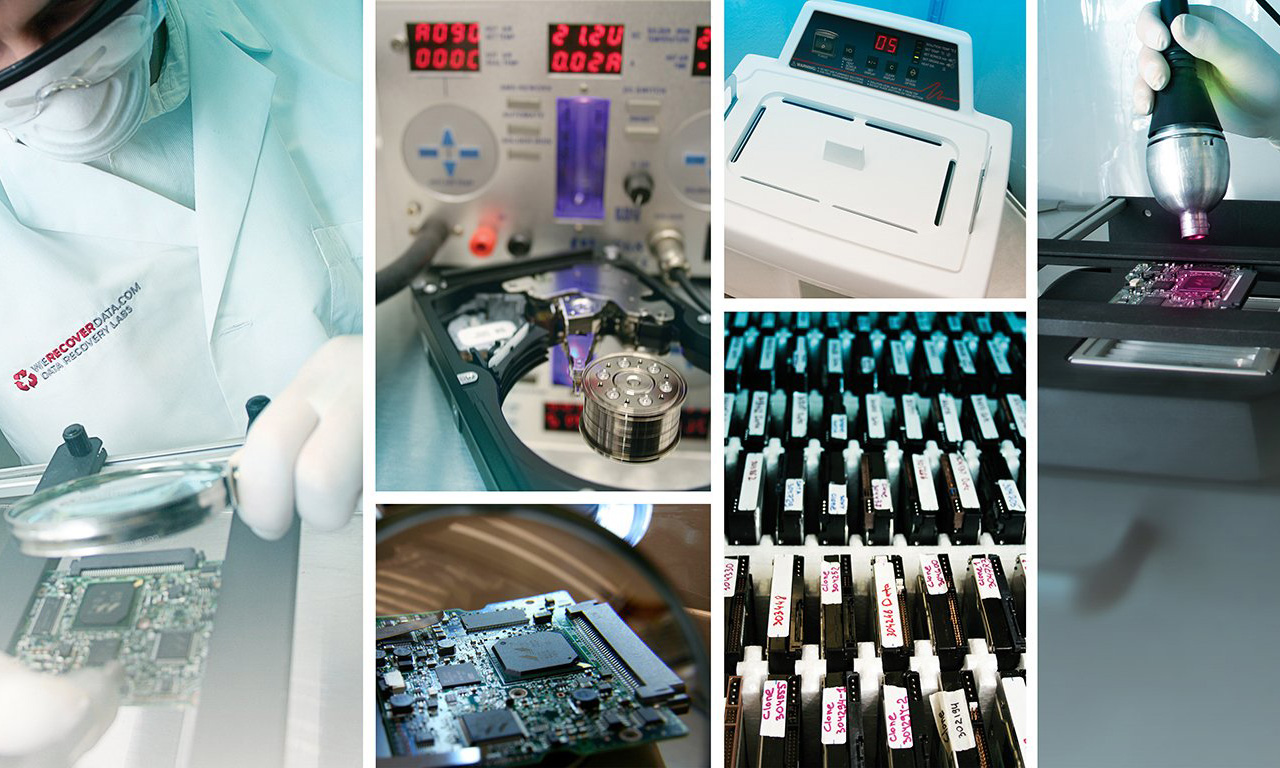Where Artificial Intelligence Is Right Now, and Where it is Going
By Matt Brennan
You just returned from vacation on the California coast, and sit down to upload a few of the best photos to Facebook.
As you pull your Samsung S8 out of your pocket you look into the camera, and the iris scanner unlocks the phone for you. Facebook asks if you want to tag your wife in the photos you’ve uploaded. (It’s probably a good idea. Thanks Facebook!)
When you confirmed your Airbnb location before the trip, the app asked you to take a selfie, which it compared to the driver’s license you scanned in to create the account. The airline compared a scan of your face to a passport photo to automate the bag check in. This made the lines move a little faster.
These are just a few examples of artificial intelligence at work around us. There’s also our trusted home assistants Siri and Alexa. Netflix is even using AI algorithms to improve streaming quality and offer recommendations based on past viewing. Countless apps and vehicle technologies are making our commutes a little easier.
When it comes to AI there is a tendency to romanticize the future and downplay the present as simple machine learning. But there was a time when all of the above capabilities were romanticized too.
Below are more examples of mind-boggling AI technologies. Some are in the early stages of implementation, and some are still being researched and perfected.
Improving Business
AI will offer businesses the ability to improve decision-making capabilities in complex situations. Many AIs automate complicated tasks, or evaluate mass amounts of data to make recommendations or decisions. Either can have tremendous value in the business world.
The AI community made major advancements in recent years, as computers beat the world chess and go champions. But experts have stated that humans paired with AI would make for an even stronger team. Both have their distinct advantages. The same will be true in business. Businesses that pair AI automations with creative human decision making could benefit the most in the future.
Self-Driving Cars
Major automotive and technology companies are hard at work perfecting the first self-driving cars. Driving can become a more efficient activity on all fronts. Humans will no longer have to pay attention to the wheel. This can free them up to concentrate on other activities for the duration of the commute.
Vehicle efficiencies can reduce carbon emissions. A sounder decision-making paradigm can potentially keep the roads safer. While there are still significant ethical and programming questions to work out before self-driving cars become the norm, the benefits to this type of travel are apparent and astounding.
Improving Elder Care
Seniors may struggle with basic tasks as they work out the details of how to age in place. Often a home healthcare professional is needed. AI, or a home robot may be able to help seniors move around the house, use the bathroom, or simply sit down. With the right kind of assistance, they can trust they can live independently for longer.
Dangerous Jobs
AI robots can help out in high-risk situations. Drones have been used to spot who needs help in the aftermath of a hurricane. Robots can also perform some basic welding tasks, or even diffuse bombs.
These machines will be able to help with high risk jobs that can put human lives at risk. A human may still be needed to control the robot from afar, through some of these tasks.
Reducing Commutes
AI and machine learning have the capability to reduce the amount of time you spend on your morning commute. First, apps such as Waze can make it easy to avoid routes with construction and accidents.
Ridesharing apps such as Uber or Lyft are using artificial intelligence to predict the ETAs for their rides, and the estimated time of delivery for food. This advanced knowledge can make the roads more efficient for all.
Conclusion
Artificial intelligence is quickly becoming a significant tool in our lives. Those who know how to use it in their day-to-day lives will benefit the greatest. It’s adding an extra layer of efficiency to everything we do.
What are some of the ways you’ve seen artificial intelligence impact the world?






















Great company!
I think it is the best company in the world regarding data recovery. They take all types of recovery cases with great responsibility and ensure they work with the best possible solution for your specific case. I highly recommend it.
Superb effort
Superb effort from werecoverdata. I had no idea how to fix it when I faced a horrible problem with my RAID NAS. But they solved it very quickly and superbly. I recommend them!
Fantastic results
Thanks to all staff of werecoverdata for excellent work and for getting my company data back! I got frustrated when a deadly drop damaged my hard drive. But they solved it!
Thanks
Few days ago my raid server is crashed dangerously. It was not starting any more. I tried in a various way whatever I know but I could not fix it. My uncle told me about WeRecoverdata. Then contact with them and they repaired it. Thank you guys.
Recover service
Those are suffering bad experience of getting a reliable and professional recovery service provider, definitely, they can choose werecoverdata. I highly recommend it.
Thanks a lot
The location is a bit hard to find out but eventually, I did. They recovered my hard drive, which was mostly dead. Thanks a lot.
Great response
Definitely weRecover team is great to solve that kind of hard drive problem. Great response and remarkable. They recovered my all data successfully within short time. I wanna give special thank to David. Thanks a lot man.
Liked Your Service
I have been using my HP laptop since 2016. Few months ago I could not open my laptop. After pressing the power button its showing nothing. My friend told me about that company. They recovered my laptop. Now its working perfectly. Thanks a lot WeRecoverData.
Pretty good experience
It was really pretty good experience. They are so professional, punctual and reliable. I strongly recommend it.
Remarkable Work
A lot of thanks to werecoverdata. You did really remarkable work. I was frustrated when lost my important data from a hard drive. I sent my hard drive to WRD then they got all the data back. At first, I couldn’t believe anyone can recover it since my computer tech said he can’t do it. All credit goes to werecoverdata.
Gorgeous service
Fantastic service from all the guys at werecoverdata. I was having pressure when corrupted data from my hard drive .Then I went there and they fixed it superbly.Thanks for removing the pressure!
Extremely well
I faced horrible problem but they solved it extremely well.My problem was that hard drive crashed dangerously.At this moment I thought the sky was broken on my head.Thank you for that.
Sensible
Thanks to WeRecoverData. You fixed the hard drive problem promptly. I am impressed… Anybody can rely on werecoverdata.
Well done
Thank you
Great work
Obviously great work from werecoverdata.Definitely no doubt about this company because they take seriously to solve any kinds of problem.I have lot of assurance at them.A lot of thanks to them.
Fantastic work
Oh Tom really fantastic work. You saved my important days. Raid 5 server damaged dangerously few days ago. But you fixed it well. Thank you for that!
Great efforts
All credits goes to werecoverdata for recovering raid server.I thought impossible to repair it but they was taken sensible and fixed it.Now I can fully trust on werecoverdata.All thanks to them.
Helpful Work
Werecoverdata, you did a really very helpful work.I was angry when my hard drive got dropped from my mistakes. I recommend the company and give a lot of thanks to werecoverdata.
Best service
After my hard drive crashed I was going to be totally mad. One of mu cousin suggested me to meet that company. I did and got the best service ever I had.
Remarkable Job
AWESOME service from WeRecoverData. I was almost mad when my pc crashed. A lot of valuable data in my hard drive. One of my friend recommend it. I thought it will not be possible.
But after all I got back my all data. Thank You WeRecoverData.